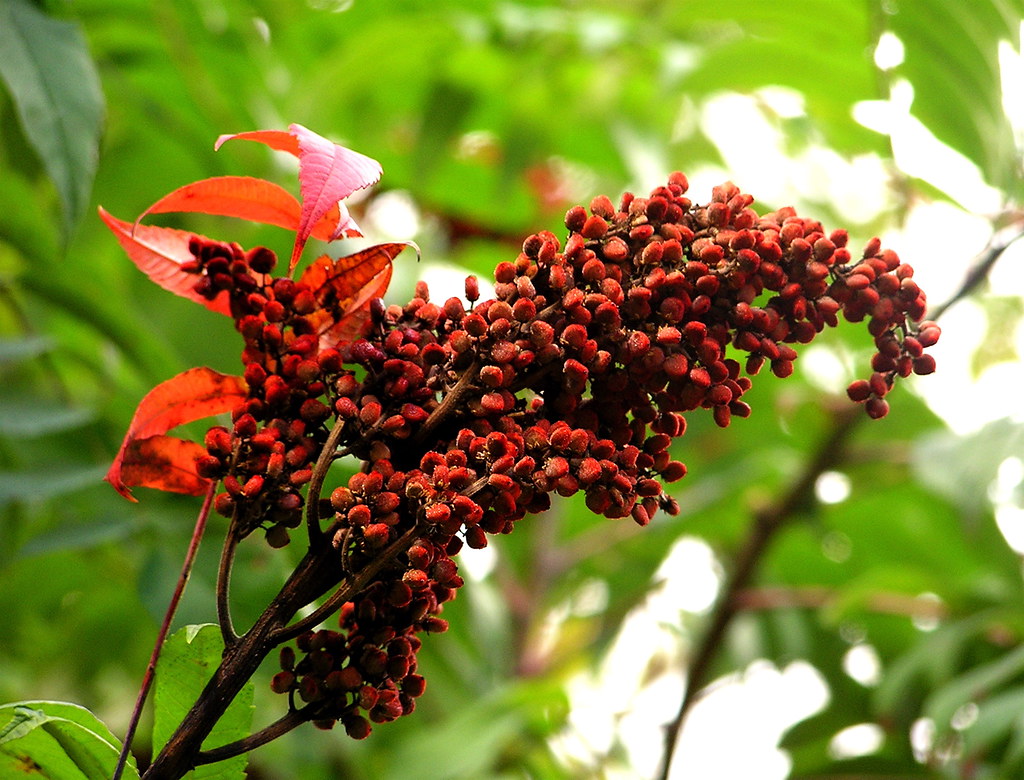Botanical Description:
Scientific Name: Angelica sinensis
Description: Dong Quai, also known as Chinese Angelica, is a perennial herb native to China, Japan, and Korea. It belongs to the Apiaceae family and typically grows to a height of 2 to 3 feet. The plant has large, compound leaves with toothed edges and produces clusters of small, white or greenish-yellow flowers. The roots of Dong Quai are the primary medicinal part and are characterized by their dark brown color and distinct, sweet, and slightly bitter taste.
Disclaimer:
This Materia Medica is provided for informational purposes only and should not replace professional medical advice. Please consult with a qualified healthcare practitioner or herbalist before using any herbal remedies.
Therapeutic Actions:
- Adaptogenic: Dong Quai is considered an adaptogen, helping the body adapt to stress and promoting overall well-being.
- Hormone Regulation: Traditionally used for female reproductive health, Dong Quai is believed to help regulate hormonal balance.
- Blood Tonic: Dong Quai is known as a blood tonic, thought to nourish and invigorate the blood.
Constituents:
- Coumarins: Dong Quai contains coumarins, which may contribute to its antispasmodic and blood-thinning effects.
- Phenolic Compounds: Phenolic compounds in Dong Quai may have antioxidant properties.
- Polysaccharides: Polysaccharides found in the plant may play a role in immune modulation.
Traditional Uses:
- Menstrual Health: Dong Quai has been traditionally used to address menstrual irregularities, premenstrual discomfort, and menopausal symptoms.
- Anemia Support: As a blood tonic, Dong Quai is believed to help alleviate symptoms of anemia and fatigue.
- Adaptogenic Support: Dong Quai is used to support the body’s ability to adapt to stress and maintain balance.
Dosage and Preparation:
- Decoction: Prepare a decoction by simmering Dong Quai root in water for about 20-30 minutes. Drink as a tea.
- Tincture: Dong Quai tinctures are available and can be taken in recommended doses.
- Capsules: Standardized Dong Quai capsules are commonly used and should be taken according to product instructions.
Cautions and Considerations:
- Pregnancy: Dong Quai is generally not recommended during pregnancy due to its potential uterine-stimulating effects.
- Blood-Thinning Properties: Individuals taking blood-thinning medications should use Dong Quai cautiously due to its anticoagulant effects.
- Allergic Reactions: Some individuals may be allergic to Dong Quai. Discontinue use if any adverse reactions occur.
Conclusion:
Dong Quai, also known as Chinese Angelica, stands as a prominent herb in traditional Chinese medicine with a rich history of use in women’s health. Believed to be an adaptogen, Dong Quai may help the body adapt to stress and maintain balance. Its traditional use for menstrual irregularities and menopausal symptoms reflects its reputation for supporting female reproductive health. As a blood tonic, Dong Quai is thought to nourish and invigorate the blood, offering potential support for conditions such as anemia and fatigue. The herb’s constituents, including coumarins and polysaccharides, contribute to its therapeutic effects. Dong Quai can be prepared as a decoction, tincture, or in capsule form, and proper dosage is essential. While generally well-tolerated, precautions should be taken during pregnancy and for individuals on blood-thinning medications. As with any herbal remedy, consulting with a qualified healthcare practitioner or herbalist is advisable to ensure safe and effective use based on individual health considerations. Dong Quai’s role in traditional medicine underscores its potential as a valuable botanical ally in promoting women’s health and overall well-being.






One comment on “Dong Quai: Herbal Plant Profile”